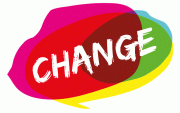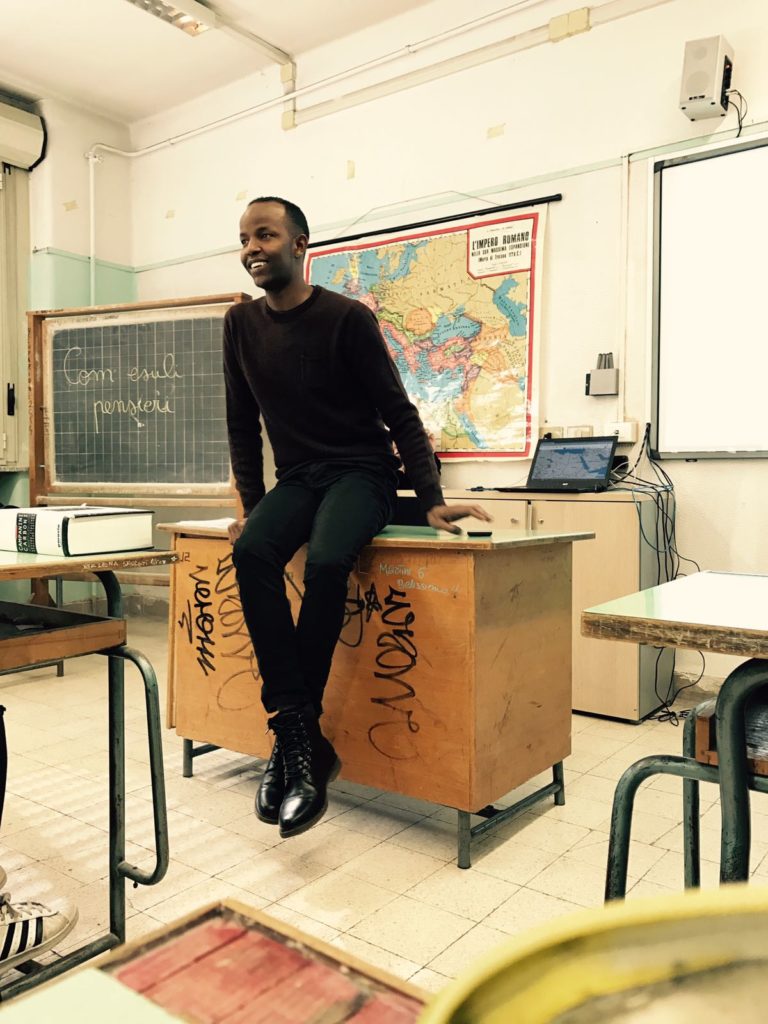At the sound of the bell on the first day of school, the voices of the students have finally returned to the classes, which have remained empty and silent for many months. This new school year is not only characterized by lessons in class or online, by new rules of social distancing, homework and questions, but also by a renewed enthusiasm that brings new reflections with it.
These past months we have had the opportunity to remember the important value of education and the risk of its absence. The recent dramatic events involving young people in their early twenties and the daily episodes of racism that occur in our country have raised many questions about the role of educational agencies and the right – or wrong – functioning of our social system.
The value of education lies in taking care of the school, that becomes a community of solidarity day by day, favoring the human, civic and moral growth of every person. Going to school is sharing, discovering and getting to know the other. It is the mirror of a society in which developing new perspectives. In which ethnic, linguistic and religious diversities are considered an asset and not an obstacle. It is a laboratory of integration and citizenship par excellence, a fundamental space to promote the enhancement of differences, the culture of respect and the understanding of a constantly evolving community and cultural context, as well as a precious opportunity for mutual encounter and enrichment.
At Centro Astalli – JRS Italy we have been experiencing this for many years thanks to two educational projects. One hand, “Finestre – Stories of refugees”, part of a European program called CHANGE. On the other hand, “Incontri – Paths of interreligious dialogue”. Every year, thousands of students from secondary schools throughout Italy are involved in these projects. Every day, the classroom meetings between children and refugees, or representatives of different religions, allow us to open real windows on the world and to give a face and a name to migrations, human rights and interculture, often perceived as distant. At the end of the educational path, the participation of the students in the literary contest “We write in colors“, reserved for middle schools, and “Writing does not go into exile”, for high schools, as well as their involvement in the implementation of active citizenship initiatives in the context of the “Refugee-friendly School” or the CHANGE Student Ambassadors Program, shows them their responsibility on tomorrow and the beauty of a future that can finally be truly common.
Italian version
A scuola per costruire una comunità solidale
Al suono della campanella del primo giorno di scuola le voci degli studenti sono finalmente tornate ad animare le classi, rimaste vuote e silenziose per molti mesi. Questo nuovo anno scolastico non è caratterizzato solo da lezioni in classe oppure online, da nuove regole di distanziamento sociale, compiti a casa e interrogazioni. Il suo inizio porta con se un rinnovato entusiasmo ma anche nuove riflessioni. In questi mesi abbiamo avuto modo di ricordare l’importante valore dell’istruzione e il rischio della sua mancanza. I recenti drammatici fatti di cronaca che hanno visto protagonisti giovani poco più che ventenni e i quotidiani episodi di razzismo che avvengono nel nostro Paese, hanno sollevato non poche domande sul ruolo delle agenzie educative e sul giusto – o sbagliato – funzionamento del nostro sistema sociale.
Il valore dell’educazione sta nel prendersi cura di una scuola che ogni giorno si fa comunità solidale, nel favorire la crescita umana, civica, morale di ogni persona, giovane uomo e donna. La scuola è condivisione, scoperta e conoscenza dell’altro. È specchio di una società in cui sviluppare nuove prospettive, in cui le diversità, etniche, linguistiche e religiose siano considerate una ricchezza e non un ostacolo. È laboratorio di integrazione e cittadinanza per eccellenza, spazio fondamentale per favorire la valorizzazione delle differenze, la cultura del rispetto e la comprensione di un contesto comunitario e culturale in costante divenire, nonché preziosa occasione di incontro e arricchimento reciproco. Al Centro Astalli lo sperimentiamo da molti anni grazie ai progetti didattici Finestre – Storie di rifugiati, parte del programma europeo CHANGE, e Incontri – Percorsi di dialogo interreligioso, che ogni anno coinvolgono migliaia di studenti degli istituti secondari in tutta Italia. Ogni giorno gli incontri in classe tra i ragazzi e i rifugiati o i fedeli di diverse religioni permettono di aprire delle vere e proprio finestre sul mondo e di dare un volto e un nome alle migrazioni, ai diritti umani e all’intercultura, altrimenti percepiti spesso come distanti. A conclusione del percorso didattico la partecipazione degli studenti ai concorsi letterari “Scriviamo a colori”, riservato alle scuole medie, e “La scrittura non va in esilio”, per gli istituti superiori, nonché il loro coinvolgimento nella realizzazione di iniziative di cittadinanza attiva nell’ambito di “Scuola amica dei rifugiati” o dello Student Ambassadors Programme di CHANGE, restituisce il loro sguardo responsabile sul domani e mostra la bellezza di un futuro che potrà essere finalmente davvero comune

